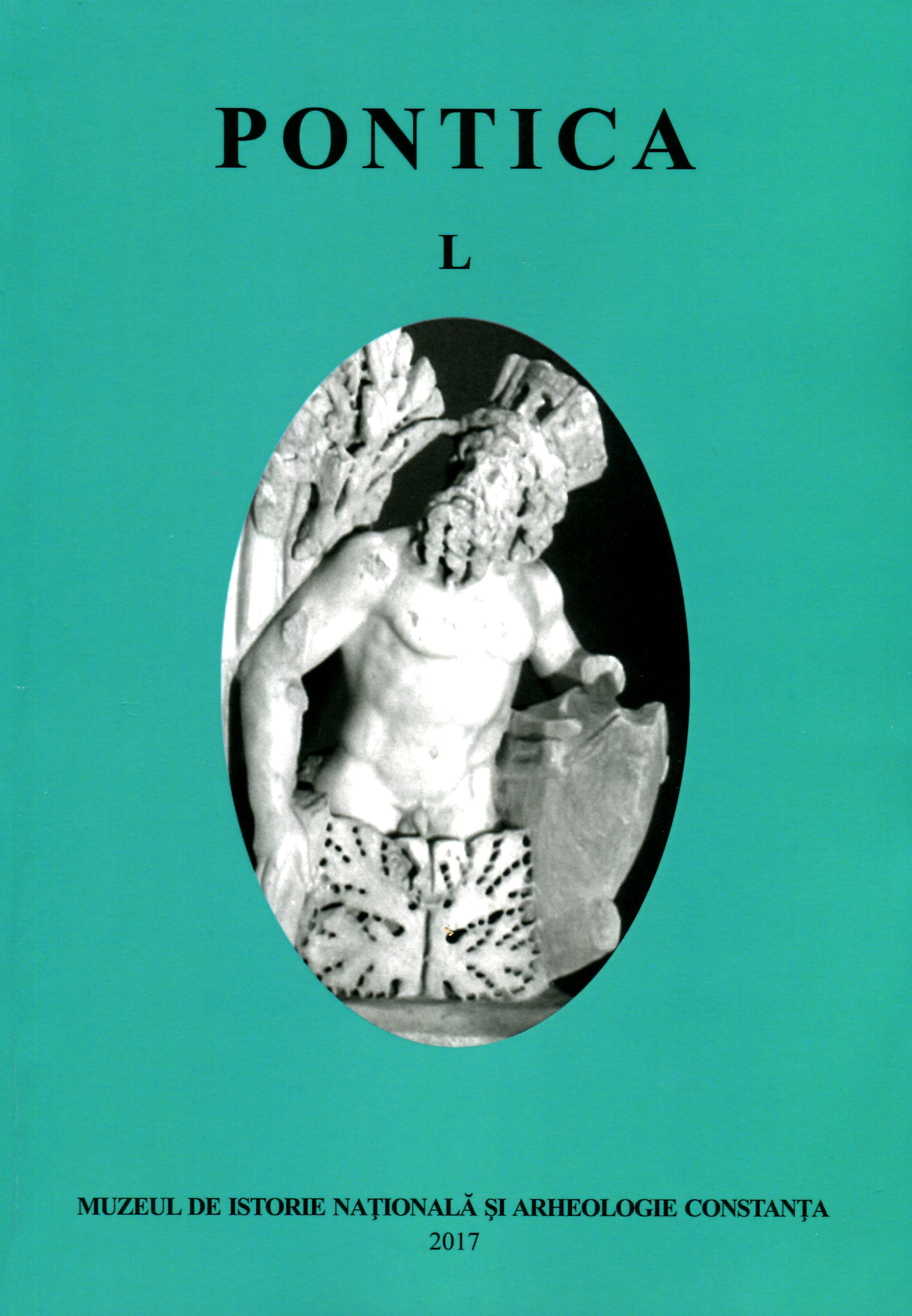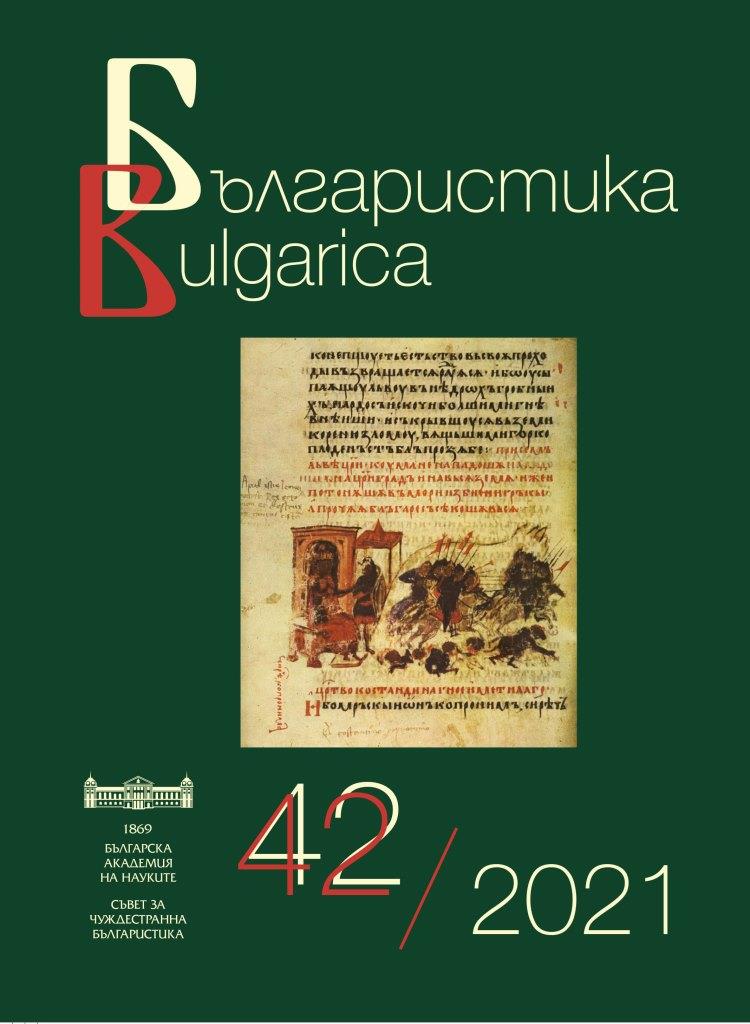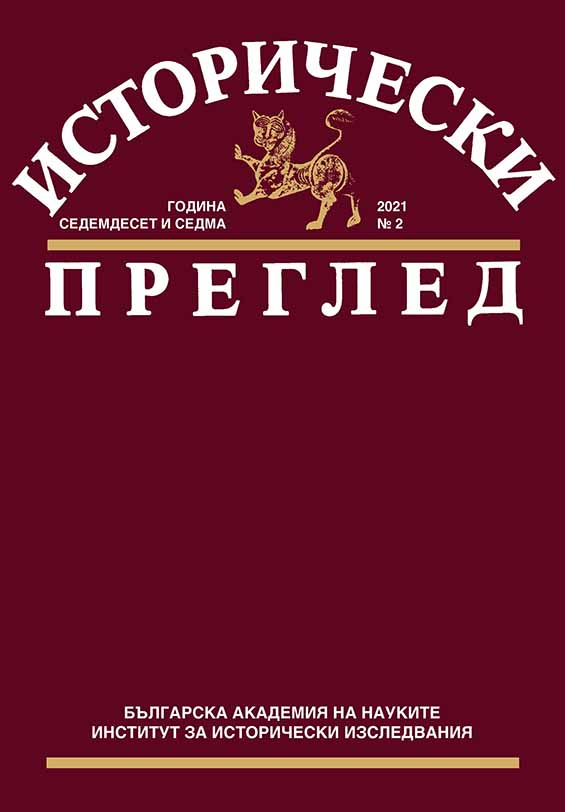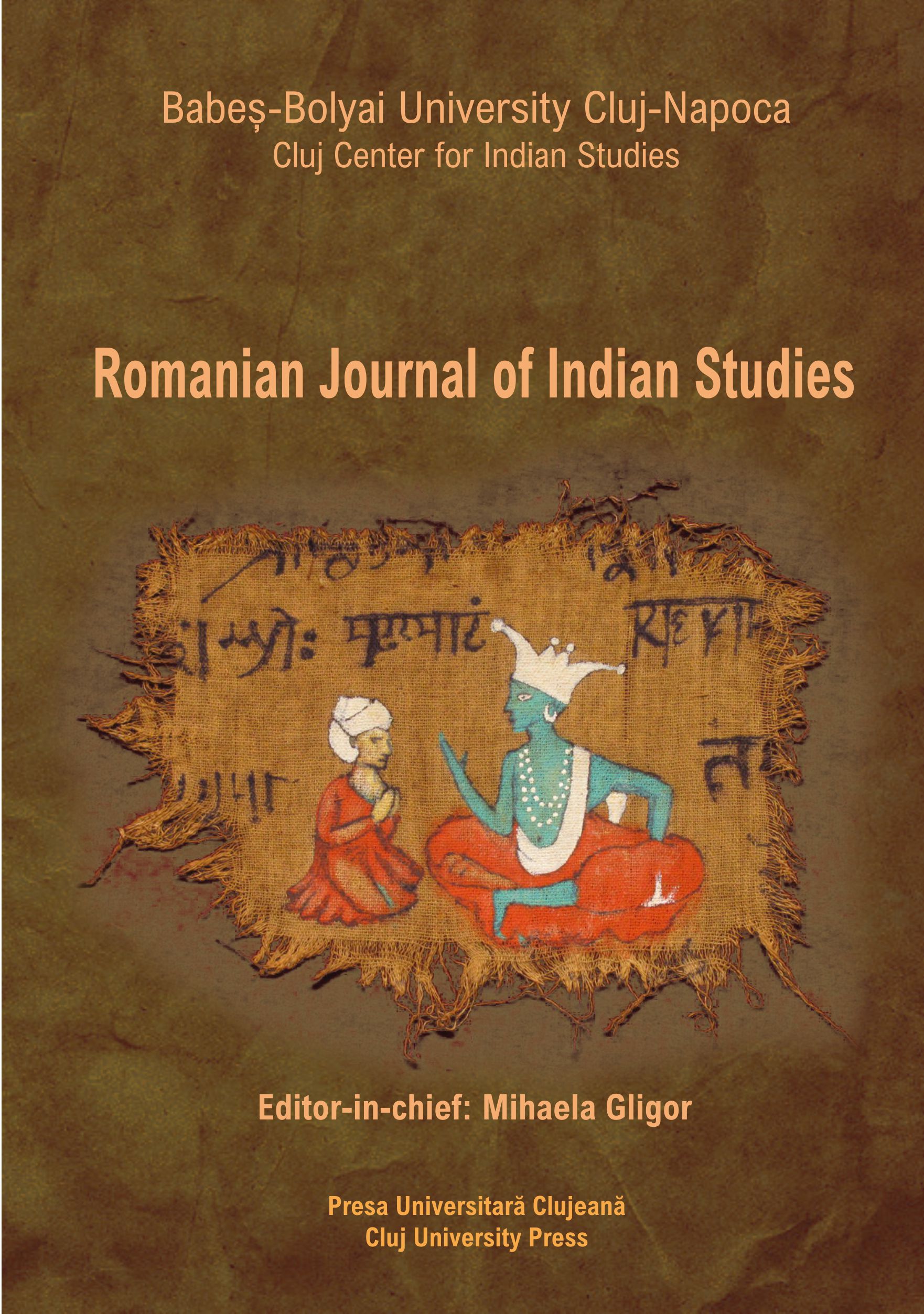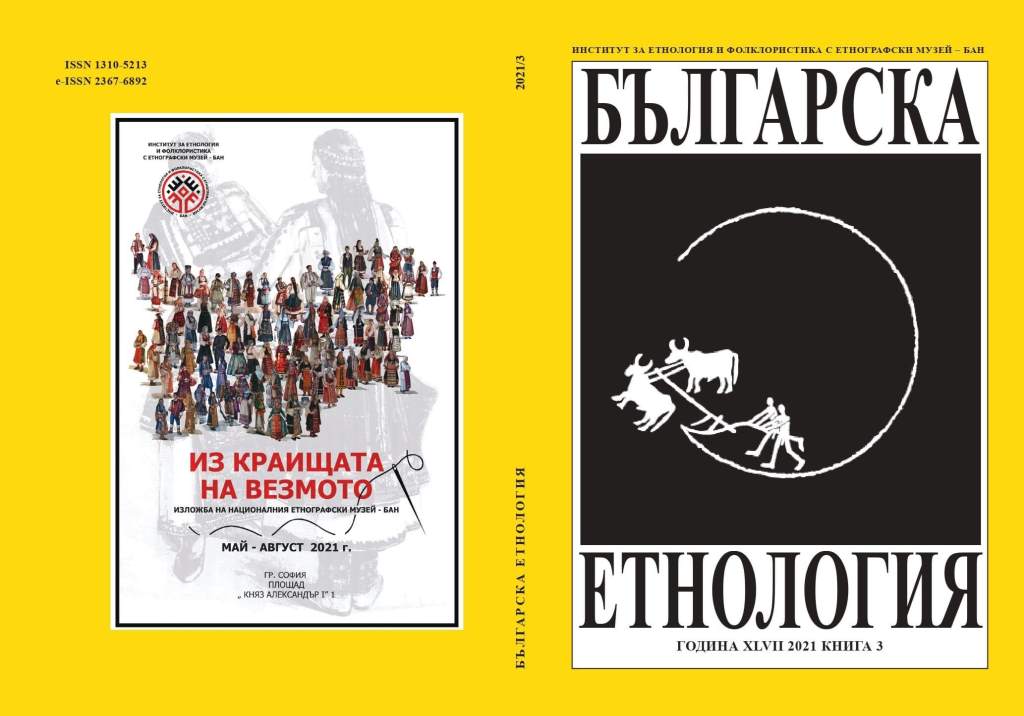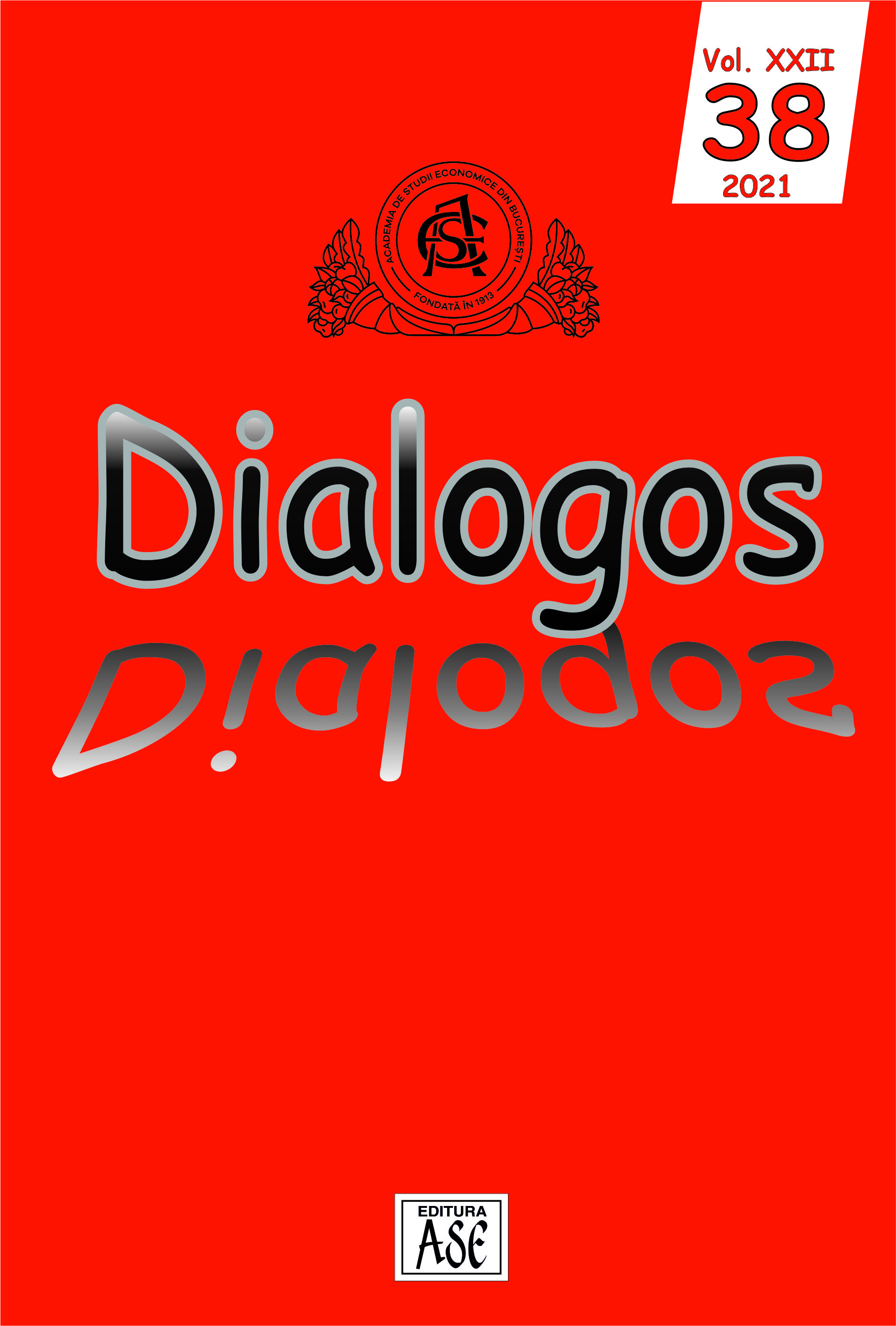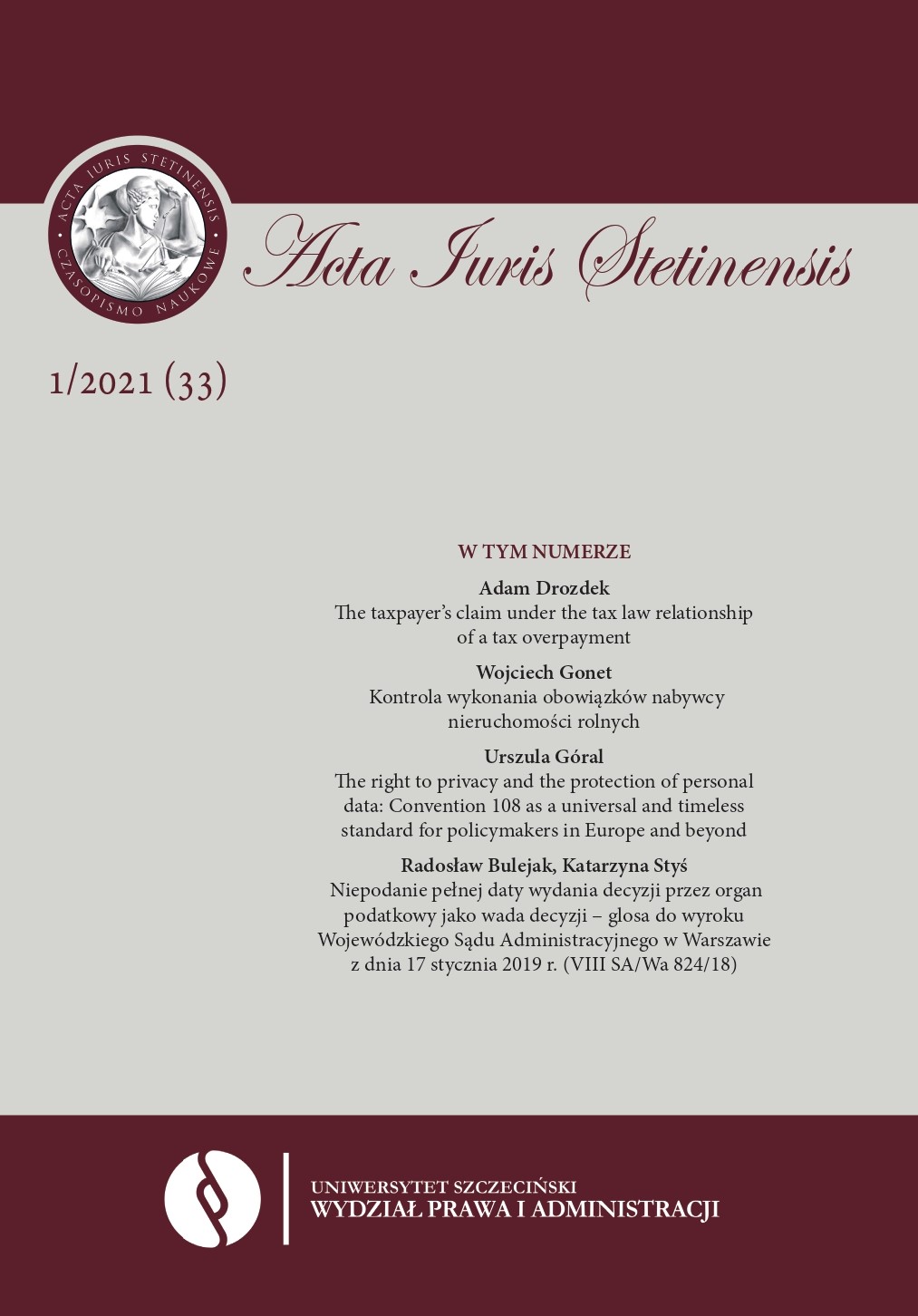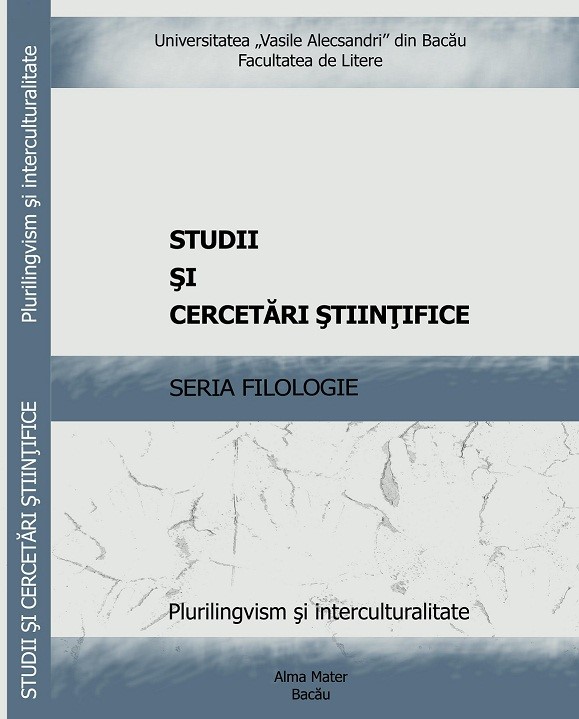
PE URMELE UNUI SPECTACOL: UNIFORME DE GENERAL, DE MIRCEA ELIADE PE SCENELE DIN FRANȚA. CONVORBIRE CU REGIZORUL BENOÎT VITSE
The show Uniformes de général staged by Stéphane Verrue en 1984, en France, an adaptation by Benoît Vîtse of Mircea Eliad’s homonymous text, represents one of the successful examples of translating a literary text into the language of the theatre show. The interview with Benoît Vîtse is an almost archaeological investigation, one of reconstruction of this/his show and of the atmosphere inspired by the original text.
More...
